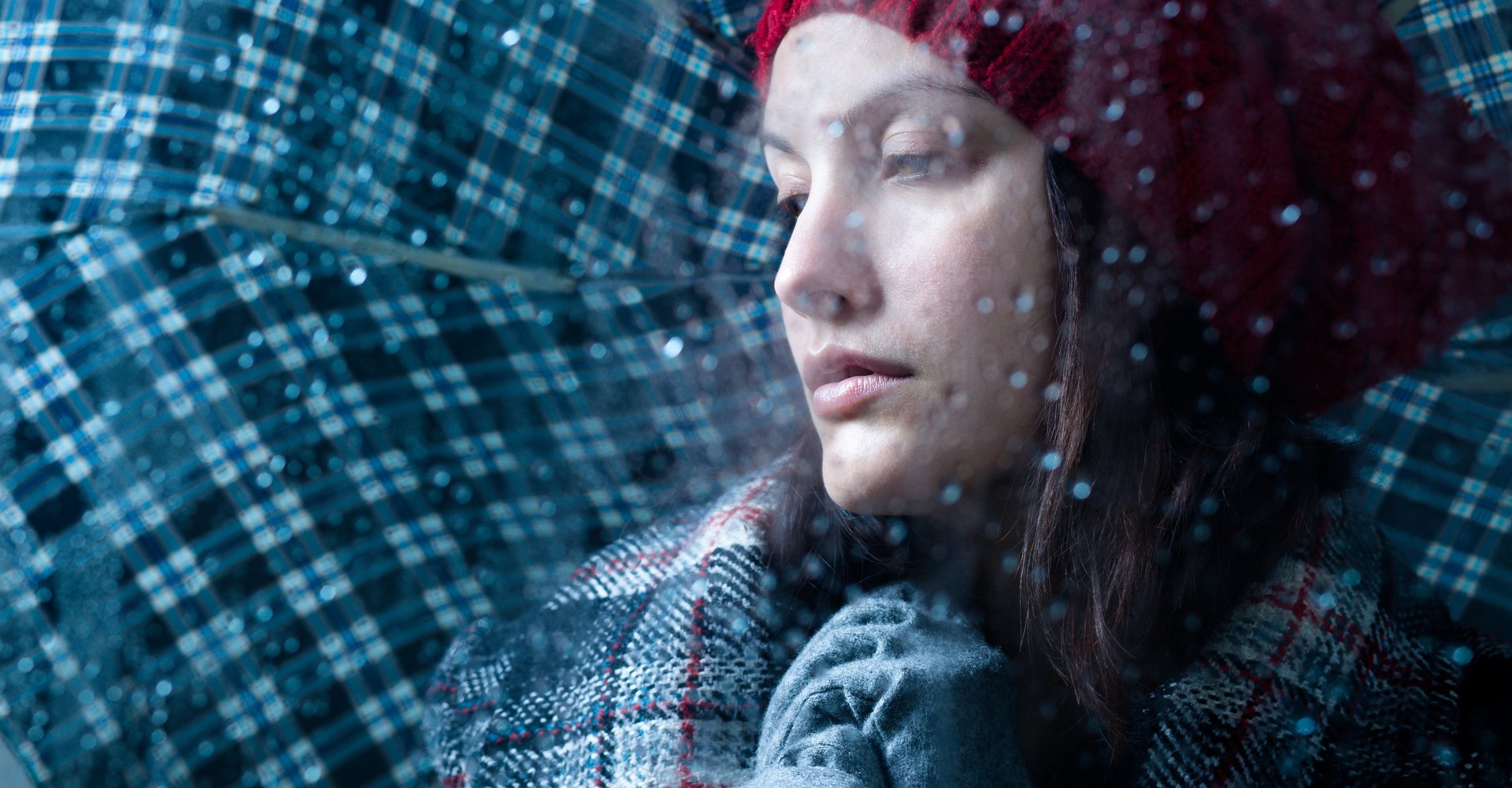
The term “winter blues” has been around for many decades, but in recent years the medical fraternity has begun to pay attention to this serious and life-altering depressive condition.
The term “winter blues” has been around for many decades, but in recent years the medical fraternity has begun to pay attention to this serious and life-altering depressive condition.
Far from being a minor ailment, the so-called winter blues can have very real consequences on a person’s mood, sleep patterns and overall mental health.
Health professionals these days categorize this type of depression as Seasonal Affective Disorder or SAD, and it refers to the low mood that comes with the change in seasons, usually the advent of winter.
According to psychotherapist at Seaway Counselling and Psychotherapy, Julie Sweet, the most important thing to remember is that yes, it’s real, and it’s also serious.
“SAD is considered a major depressive seasonal pattern and is also categorised by the Diagnostic and Statistical Manual of Mental Health Disorders, (DSM- 5), as a form of depression,” notes Ms Sweet.
SAD was formerly recognised as a condition in the late 1990s, and symptoms can include atypical depression, apathy, withdrawal, fatigue, anxiety, a sense of hopelessness and general sadness. Furthermore fatigue, discontentment, mood swings, irritability and insomnia are also symptomatic of SAD.
Ms Sweet said that SAD can impact negatively on sufferers’ lives in a variety of ways.
“Mental and physical health and wellbeing is impacted by SAD, as many people subjectively report feeling not themselves and that something is amiss when winter arrives,” she says.
“Within my practice, clients disclose lack of concentration, a sense of helplessness, gain weight and experiences of lethargy. As SAD is related to changes in seasons, symptoms can begin as winter approaches and last throughout this period in the winter months.”
While there can be a stigma attached to having the "winter blues", the signs and symptoms of SAD are valid and require support, compassion and empathy, Ms Sweet said.
“Suspending judgement is in the best interest of the person impacted by SAD, as well as being careful not to dismiss individuals or fail to validate their experience,” she says.
So what causes it? According to Grant Blashki, Beyond Blue's Lead Clinical Adviser, the main theory is that a lack of sunlight might stop the hypothalamus part of the brain working properly. The hypothalamus is responsible for releasing hormones and regulating body temperature.
Lack of sunlight can mean our bodies produce less melatonin, the hormone that tells your body it’s time for sleep, Mr Blashki says. Less sun could also mean lower levels of serotonin, a hormone that affects mood, appetite and sleep.
Ms Sweet said SAD, like depression and other mental health issues, doesn't discriminate, although some people may be more susceptible to it than others, such as those who are isolated or disconnected from family and friends.
“People who have a family history of depression or bipolar disorder may also face a higher risk,” she says.
“Plus people who are living in locations throughout the world where they are far north or south of the equator, that is areas and places where there's minimal sunlight within winter and long days during summer, are more susceptible.”
Treatment options, according to Ms Sweet, include light therapy, medication, yoga, mindfulness and meditation.
Beyond Blue recommends people get in contact with their trusted health professional or GP if they think they have SAD.
The following tips may also help:
This story was written by Johanna Leggatt. Johanna is an Australian journalist with more than 15 years’ experience in both print and online. She has worked across a wide range of subject areas, including health, property, finance, interiors, and arts.
These Stories on News
Suite 2 Level 7, 500 Bourke Street
Melbourne, Victoria 3000
Australia
Email us: support@medadvisor.com.au
MedAdvisor is an affiliate member of the World Pharmacy Council.
No Comments Yet
Let us know what you think